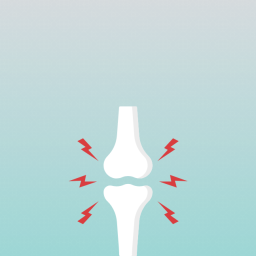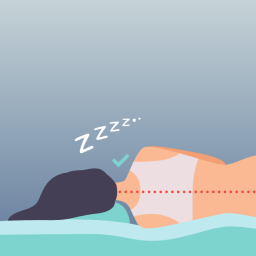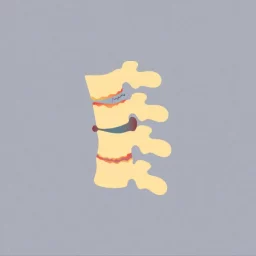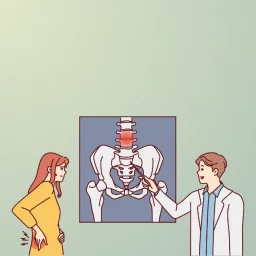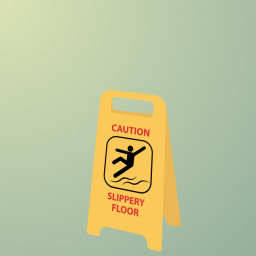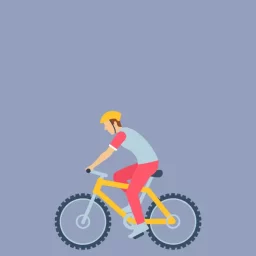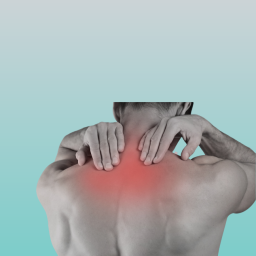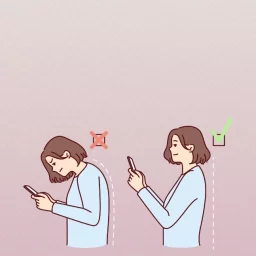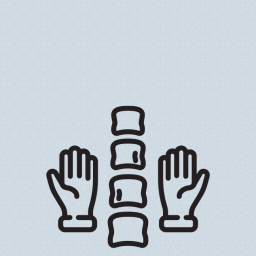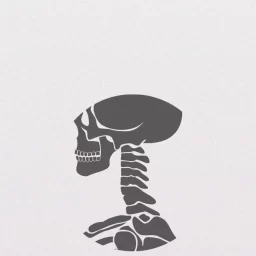Sitting crossed-legged is a posture commonly adopted by many individuals who sit for long periods during the day.
Is Sitting Cross-Legged “Bad”?
Currently, people spend more time sitting than in standing posture due to developments in science, technology and automation. Dependence on automobiles, even for travelling short distances, and extended periods spent working on computers contribute to today’s sedentary lifestyles. Stationary, cross-legged sitting postures are assumed quite frequently and are perceived as comfortable by all age groups and genders. If an individual works for an extended period in a sitting position, maintaining a proper posture may become difficult, and muscle fatigue increases.
In recent times, there has been a shift away from “optimal” postures, as there is a large degree of anatomical variance between individuals. Rather, the more important factor, which may result in stiffness or pain, is maintaining the same posture for a prolonged period without movement.
The studies which have been performed comparing crossed-legged postures are generally of very poor quality, with high levels of bias, which makes it extremely difficult to draw definitive conclusions. However, the ones which give relevant data, concluded that sitting in a crossed-legged posture for longer than 3 hours per day may cause shoulder inclination, lateral pelvic tilt and forward head posture. No significant changes were noted in individuals who sat in this posture for 1 or 2 hours daily, which indicates that it may be more so the lack of movement rather than the isolated posture which is problematic. Slight changes in posture are very unlikely to result in pain or disability. The human body is extremely adaptable.
How Crossed-Legged sitting may impact your joints
Crossed-legged sitting is unlikely to be harmful in individuals who are pain- or injury-free, but some subgroups may need to take caution with certain crossed-legged positions.
1. Lateral hip pain
If you experience pain in the outside of your hip, sitting cross-legged may likely be irritable for you. Similarly, if you have a condition such as greater trochanteric pain syndrome (GTPS), gluteal tendinopathy or trochanteric bursitis. This is due to an increased stretch placed on the muscles and structures on the outside of your hip. This also may cause compression on other already-irritated structures.
2. Knee pain
If you have ongoing pain on the inside of your knee, sitting crossed legs may aggravate symptoms. The change in position of your femur (long thigh bone) and tibia (shin bone), can result in increased stress placed on your knee and potentially result in discomfort.
3. Low Back Pain
People with low back pain have increased pelvic asymmetry which is exaggerated with crossed-leg sitting. Therefore, prolonged sitting in an asymmetrical posture increases back pain and lumbar discomfort. Thus, it can have a more detrimental effect on posture control.
If either of these is true for you, it is probably best you find a more comfortable sitting posture.
Key Take-Home Messages
- Posture should not be dichotomized into “good” and “bad”. The most important factor is likely to be changing positions often and getting movement where possible. There is no single “optimal” posture.
- Sitting with your legs crossed is unlikely to have a negative effect if you are otherwise healthy. However, you should probably avoid sitting in this position for over 3 hours per day.
- If you suffer from joint pain exacerbated by sitting cross-legged, you should avoid sitting in this position.
- Cross-legged sitting will not cause varicose veins. However, the same advice applies here. It is likely best to avoid this position for extensive periods without movement.
If you think you have suffered any kind of muscle pain due to crossed-leg sitting and would want to get it checked, book an appointment with one of our team of MSK experts.
For more information or to book an appointment with one of our chiropractors, physiotherapists or massage therapists, visit our clinic websites at Curavita Byward and Curavita Glebe.
Byward Market
Email: info.byward@curavita.com
URL: https://byward.curavita.com
Glebe
Email: info.glebe@curavita.com
URL: https://glebe.curavita.com



